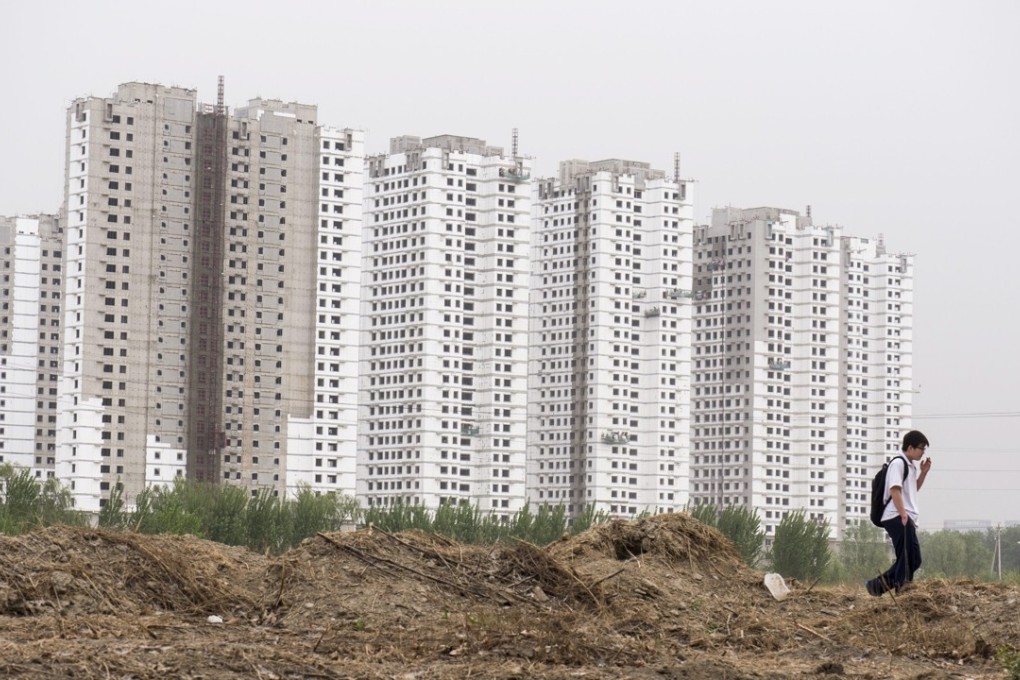Will China’s developers sell fewer homes as Beijing pays less for resettlement?
Yes, say analysts, but only in smaller and lower tier cities

China’s property developers which benefitted from selling homes to buyers resettled from shanty towns after Beijing capped mortgage lending and price increases may have hit the wall as authorities cut relocation compensation in the ongoing drive to stem overheating.
The alternative source of property sales income since 2016 when the government began reining in the buying spree across major Chinese cities, analysts said, could be crimped following the recent cut, which could slash home sales by one-tenth this year.
“I had expected sales to drop by not much more than 5 per cent, but a fall of 10 per cent now seems plausible,” said Rosealia Yao with research group Gavekal Dragonomics.
A 10 per cent drop would set developers’ revenue back by 1.3 trillion yuan (US$194.5 billion), based on the 13 trillion yuan in total sales recorded in 2017 as tightened controls remain in place.
The country’s policy lender China Development Bank (CDB) has also recently retracted the right of its local branches to approve loans, which must now be screened by the bank’s headquarters.
“Factoring in this, we expect nationwide new home sales to drop 5 to 10 per cent in 2018, from an ultra-high base of 2017,” according to a note by SWS Securities.